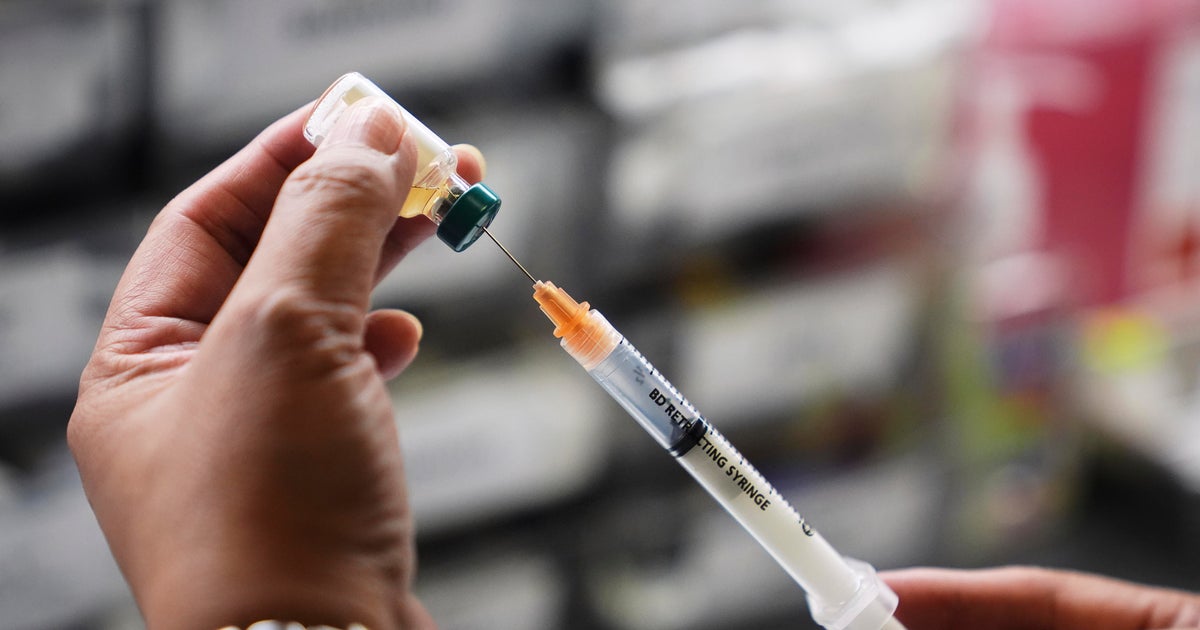
The Justice Department has taken the significant step of indicting former FBI Director James Comey, following a lengthy saga that has seen President Trump publicly demand a more aggressive investigation into one of his most vocal critics. Comey is facing serious charges, including one count of making false statements and one count of obstruction of justice, stemming from his testimony to the Senate Judiciary Committee nearly five years ago.
This development comes on the heels of a tumultuous period at the Department of Justice, where the top federal prosecutor in Northern Virginia expressed skepticism about the evidence against Comey. This prosecutor was subsequently ousted and replaced by one of Trump’s former defense attorneys, raising eyebrows about the motivations behind this sudden shift.
Attorney General Pam Bondi was quick to respond to the indictment, asserting, “No one is above the law.” Her statement reflects the Justice Department’s commitment to holding individuals in positions of power accountable for misleading the American public. The timing of this indictment seems to echo Trump’s long-standing animosity towards Comey, who he has blamed for instigating the appointment of a special prosecutor to investigate connections between Russia and Trump’s 2016 campaign—a probe that loomed over the president’s first term.
The indictment marks a new chapter in the ongoing feud between Trump and Comey, a relationship that has been fraught with tension and public exchanges. Comey has often drawn parallels between Trump and a mob boss, suggesting a deep-seated concern about the integrity of leadership in the United States. Recently, the Secret Service even interrogated Comey after he posted a seemingly innocuous photo of seashells that formed the numbers “86 47.” The post was interpreted by some, including Trump’s son and cabinet members, as a veiled assassination threat, leading Comey to clarify that it was merely a restaurant-themed joke about “removing” Trump.
Comey’s career has been both illustrious and controversial. Before becoming FBI Director, he served as the second-in-command at the Justice Department under President George W. Bush and earned praise as a federal prosecutor in Virginia—the very office that has pursued his indictment. The charges against him signal a significant escalation in the ongoing narrative of political retribution that has characterized the Trump administration.
Adding another layer to this already complex situation, Maurene Comey, James Comey’s daughter, was dismissed from her position as an assistant U.S. attorney in Manhattan earlier this year. This dismissal occurred just hours after she was asked to lead a significant public corruption case. Maurene has since filed a lawsuit against current Justice Department leaders, alleging that her firing was retaliation for her father’s protected speech and potentially due to her own perceived political beliefs.
The indictment of James Comey raises critical questions about the state of justice in America and whether political motivations are influencing law enforcement actions. It underscores the delicate balance between accountability and the potential for misuse of power within the corridors of government. As the case unfolds, many will be watching closely to see how it impacts the broader landscape of political discourse and legal integrity in the United States.


